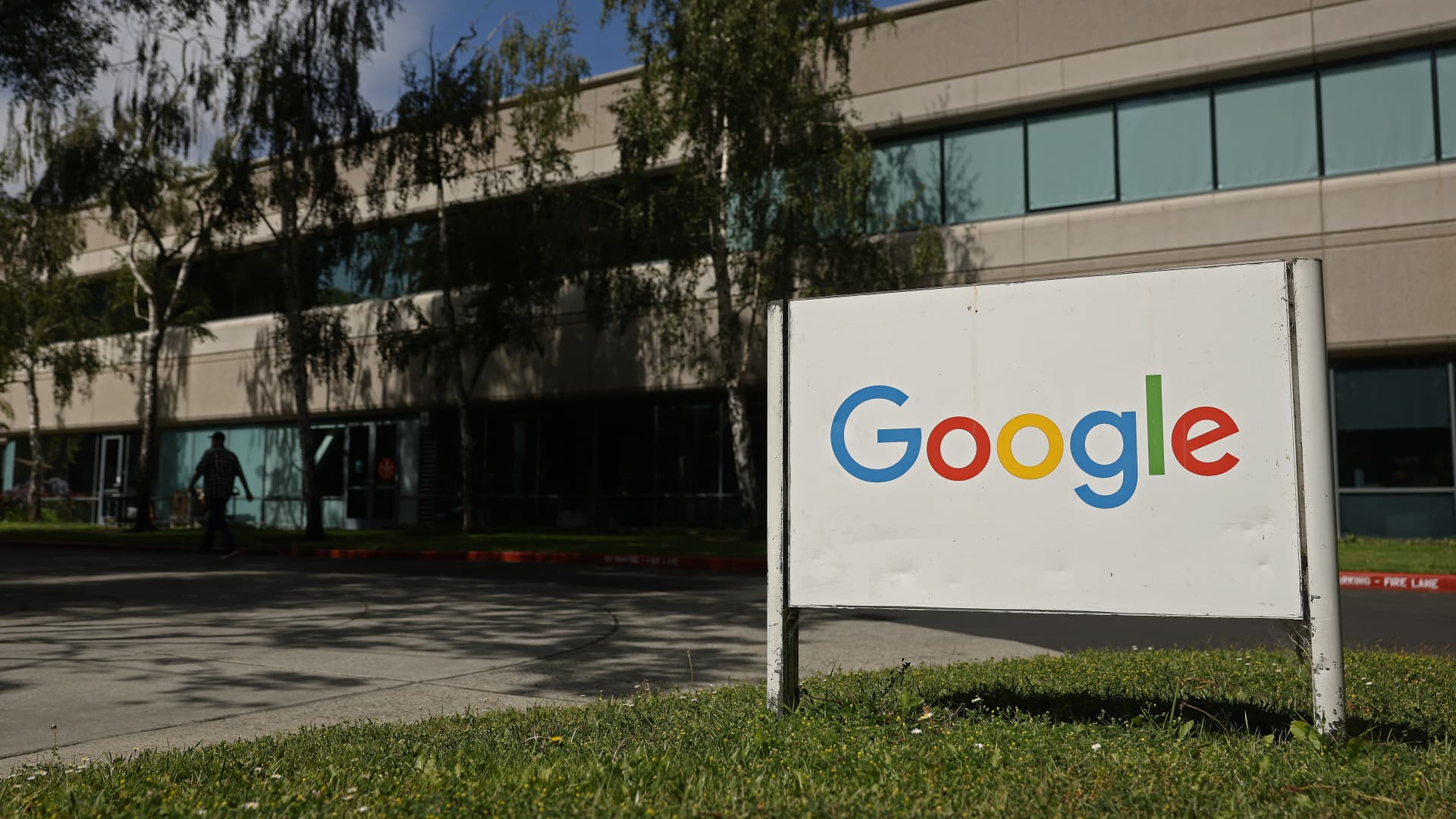Alphabet’s strong earnings report seems to be quashing any fears on Wall Street that the artificial intelligence trade has peaked. The Google parent’s second-quarter results — released on Wednesday afternoon — painted a healthy picture of the tech stalwart’s current AI ambitions. Back in February, the company forecast it would invest an expected $75 billion in capital expenditures this year as builds out its AI offerings. But on Wednesday, the company upped this figure to $85 billion, justifying this increase by pointing to “strong and growing demand for our Cloud products and services.” Boosted by Alphabet’s positive second-quarter earnings, chip stocks such as Nvidia , Broadcom , Micron , ASML and Advanced Micro Devices all rose during Thursday’s session. GOOGL 1D mountain Alphabet shares in the past day If Alphabet’s earnings report is any indication, the competition amongst tech old guards to build the best and biggest AI products is merely in its first innings, according to Wolfe Research. “Alphabet’s results provided further fuel for the AI spending narrative as demand for AI products drove an increase in sales and capital spending, with GOOGL raising its outlook to spend an additional $10B in 2025,” the firm wrote in a Thursday note. It continued: “Our sense is GOOGL’s results will continue to spur the AI ‘Arms Race’ across Mag 7 companies and the market as a whole. We expect further upside revisions to capital spending by the Mag 7 over the course of this earnings season as the race heats up and companies continue to invest heavily as aggregate spending is set to grow 40% y/y in 2025.” Wall Street’s reaction Across Wall Street, analysts such as Bernstein’s Mark Shmulik and UBS’ Randy Abrams highlighted Alphabet’s foray into the AI arena as they parsed the company’s results . “Investors have long been clamoring for Google to get more ‘aggressive’ in the AI race, with solid performance in Search and Cloud pointing to solid [return on invested capital] thus far,” Shmulik wrote. “Google was the first hyperscaler to report and will be a positive signal if its peers echo similar sentiment of higher demand further pushing up spending and delaying the point on catching demand,” Abrams said. “For the tech supply chain, TSMC already kicked off the season discussing its expectations on AI led demand through 2026 and we expect hardware results over the next few weeks to still see ramps though 2H25.” Meanwhile, Deutsche Bank analyst Benjamin Black pointed to this increased AI demand as a bright spot on Alphabet’s latest report. “Capex expectations for FY25 increased by $10bn to $85bn despite continued supply constraints as AI Investments and Cloud infrastructure supply requirements still outpace demand,” Black wrote. Brian Nowak, an analyst at Morgan Stanley, underscored that Alphabet’s innovative investments could be a longer-term catalyst driving upside in the years to come. “Search, YouTube and Google Cloud all accelerated as GenAI-enabled innovation is driving faster growth,” the analyst said. “Our EPS ests are largely unchanged…. but we remain OW as this accelerated pace of innovation sets up GOOGL for more durable multi-year growth.” Barclays analyst Ross Sandler and Ronald Josey of Citi pointed out that Wednesday’s results show that Alphabet’s previous investments are finally beginning to pay off. “Alphabet showed off a lot of great metrics in 2Q, everything from search paid clicks to cloud revenues are accelerating on the back of years of heavy AI investments,” Sandler wrote. “Given Google’s Commercial and AI queries continue to grow as its AI surfaces support more use cases now that AI-O is global, AI Mode expands, and Gemini adoption ramps, Google’s newer products appear to be resonating as its strategy comes into view,” Josey added. JPMorgan analyst Doug Anmuth was similarly bullish on the company’s print. “Google delivered what we believe is a defining quarter w/32% Google Cloud revenue growth, increasing scale of AI search products, and greater benefits from AI across every part of the business,” Anmuth said. “We believe the combination of strong AI-driven Cloud demand and accelerating backlog makes Google Cloud a bigger driver of the bull case going forward.”





